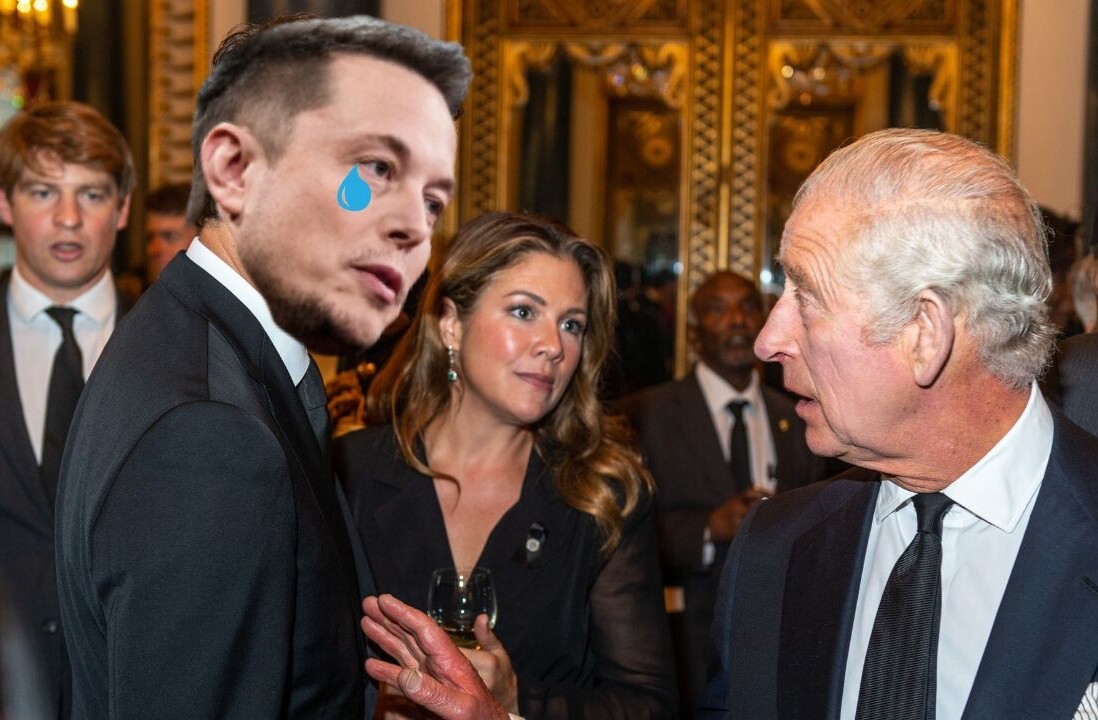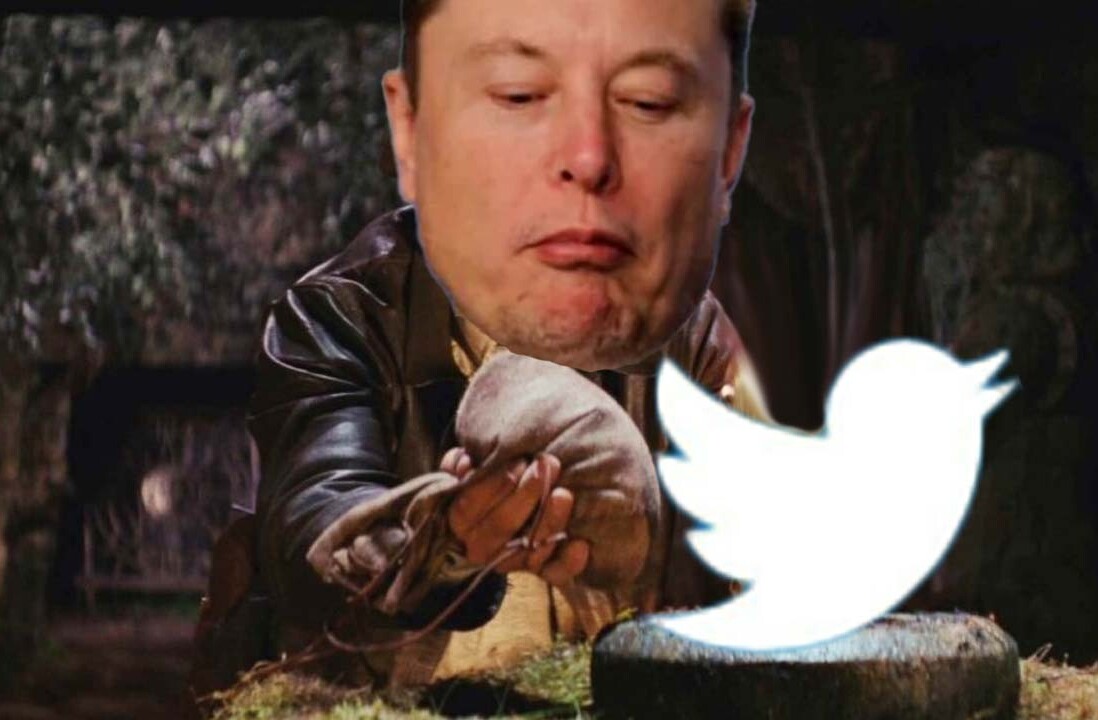
According to a report on the TVNZ site, former New Zealand cricket captain Chris Cairns has won £90,000 in damages after an allegation made on Twitter about match-fixing.
Mr Cairns sued Lalit Modi, the former Indian Premier League chairman over a tweet in January 2010 that accused him of match-fixing in the 2008 season of the rebel Indian Cricket League. According to the BBC, Mr Modi has so far refused to apologise for the allegation.
Television New Zealand’s Europe Correspondent Garth Bray has been tweeting the details and the topic is continuing to circulate under the hashtag: #CairnsModi.
This is not the first instance of Twitter being a place where libellous statements have been published. Last year in Wales, the High Court in Cardiff ordered Caerphilly councillor Colin Elsbury to pay £3,000 and costs, after he used Twitter to wrongly claim that a political rival, Eddie Talbot, had been removed from a polling station by police during a by-election in 2009.
The Welsh example was thought to be the first in the UK, opening the doors for future cases to be tried on similar grounds.
The law applied online
There’s no reason to believe that using the Web or social media to post claims will not drop you in hot water. When it comes to tangling with the law there are many past examples of how the legal landscape is being shaped to work with our digital lives.
In 2010 Google won a libel case brought about by former Tory local council candidate Payam Tamiz, after defamatory comments were reportedly written about him on a London Muslim blog hosted on its Blogger platform. The Internet giant argued that it doesn’t publish the content and, moreover, it couldn’t know whether the comments posted were true or not.
How libel is handled online is dependent upon the statement made and how it is presented. In the case of Ahmed Khan, a UK council whistleblower accused of libelling his local authority using a number of anonymous twitter accounts and blog Mr Monkey, Tyneside council took the case to the legal superior court of California, which in turn issued a subpoena to Twitter. Khan did not contest the subpoena and so the information was handed over.
When it comes to repeated activity deemed to be libellous on blogs, the hosts may decide to pull a site to avoid being sued. The burden of proof means that if you have been making allegedly libellous statements and your site is pulled, you will have to prove that your claims are correct.
As citizens, celebrities and brands are more clued in to online content created by organisations or individuals, it is worth carefully considering how you phrase a joke or offhand comment.
If you think your claim is true, be prepared to back that up, not everyone will be willing to laugh off your comment if it might have a negative impact on their reputation.
Get the TNW newsletter
Get the most important tech news in your inbox each week.





